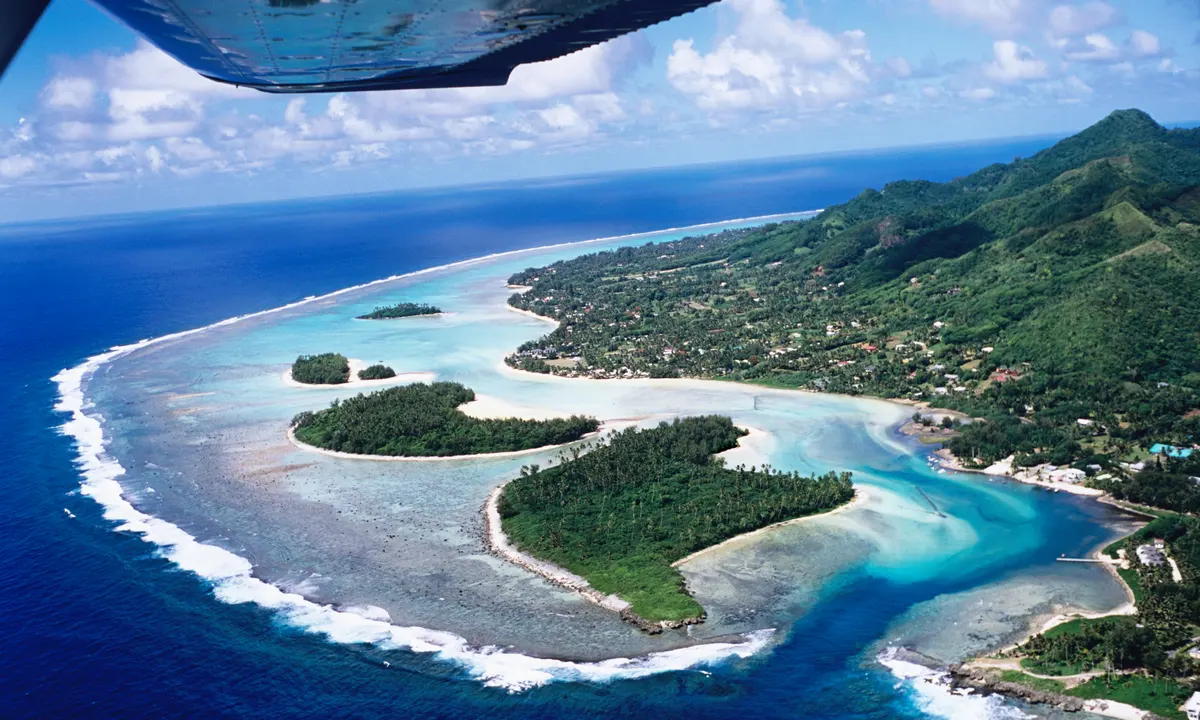Deep-sea mining companies in the Cook Islands have been exploring the country’s ocean to see if they can extract potato-sized nodules packed full of minerals kilometres deep.
Moana Minerals Limited is one of three companies that were awarded a five-year exploration license in the Cook Islands.
The license allows the companies to explore the deep sea in the country’s exclusive-economic zone (EEZ).
Moana Minerals and the other companies are trying to find out if nodules can be removed without causing serious environmental harm – the measure they need to satisfy to be allowed to mine.
Chief executive Hans Smit is “fairly confident” his company will get the green light, provided they are assessed on science and not emotion.
“We believe that the ability to mitigate against serious harm, which is the measure that we have to satisfy – based on the knowledge and the understanding we have of these other industries that are existing – we can make a case that it can be done,” Smit said.
“Having said that, we are also very forthright with regards to understanding the risk.
“If something comes up and it’s a show stopper, we will stop and walk away.
“The investors in this business have all signed and agreed that they may lose all their money; we understand that risk.”
Moana Minerals started exploring this year and has carried out three expeditions. The actual mining is still years away – if it happens.
Smit said detailed seafloor mapping is being undertaken.
So far, he said what has been discovered was in line with assumptions made by scientists.
“What we have found is extensive abundance of these nodules,” Smit said.
“We spent seven hours a day filming the seafloor and we never saw sections without nodules on it; it’s that extensive.
“We were also seeing the animal life down there, and what we were seeing is there is animal life, but it’s fairly sparse.”
Environment charity Te Ipukarea Society’s technical director Kelvin Passfield said useful research has come out of the exploration phase, but he is concerned about the reason it is happening.
“It’s all about just informing them to start commercial mining.
“That’s the activity that concerns us more much more than the exploration.”
Passfield is worried about bias in the decision-making process when it comes to deciding if the companies are allowed to mine.
The companies pay for their own environmental research and the Cook Islands government will benefit financially from deep-sea mining, he said.
“The question is, what’s the threshold for that level of too much damage? Who decides on what’s going to be too much damage?
“The companies are doing the research to decide this and yet they’ve got a vested interest in getting the permission to mine.
“So you can be quite sure that their research will not show that the damage will be too great.”
Companies will be required to pay a three per cent royalty on every tonne of material that is extracted if mining takes place.
Smit said the Cook Islands will benefit from jobs created as well as tax.
“You end up with an industry that develops around the Cooks which creates skilled jobs that Cook Islanders can fulfil.
“There’s a great opportunity – rather than kids of today leaving the Cook Islands to go to New Zealand, Australia or elsewhere, to go and pursue careers here on the Cook Islands and still experience the Cook Islands lifestyle.”
Speaking about a month ago at the University of the South Pacific in Suva, Cook Islands Prime Minister Mark Brown said Covid-19 caused his tourism-dependent country to go from being a “high income status country to a no-income status country”.
“This is an industry that we are looking at to help diversify our economy, but also to help build economic resilience that we talk about,” PM Brown said.
SOURCE: RNZ PACIFIC/PACNEWS














